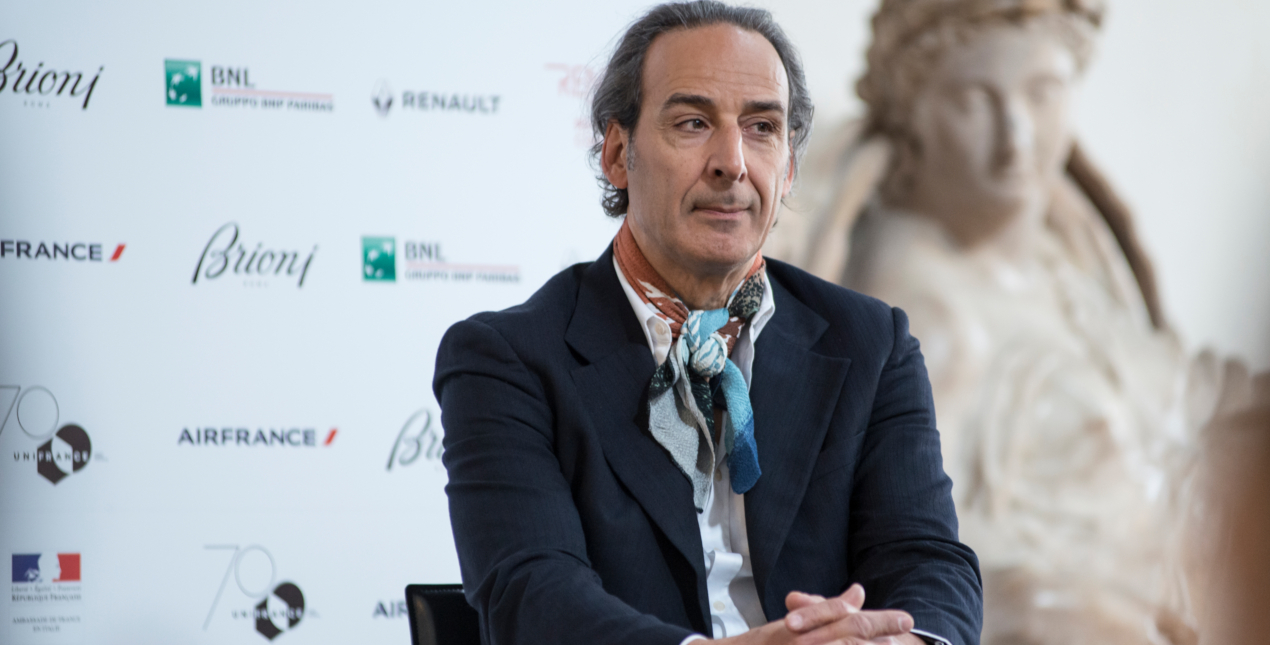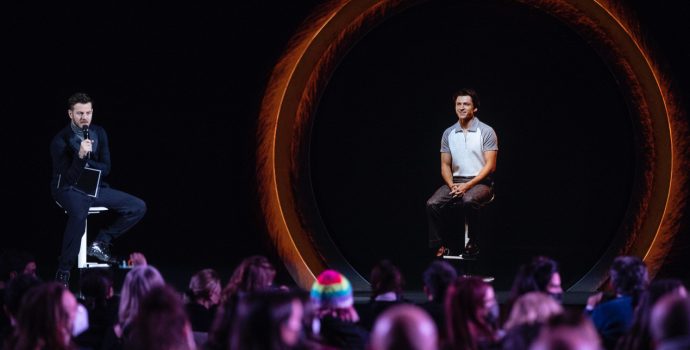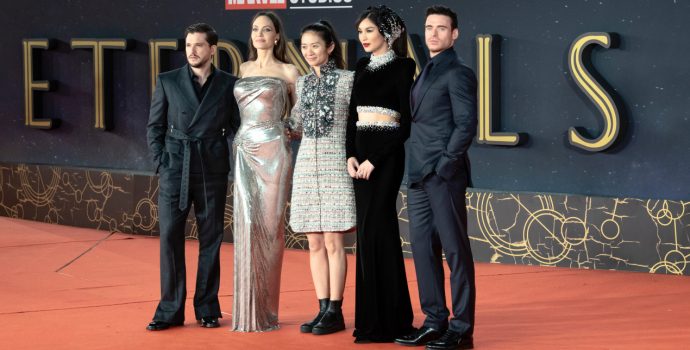Special guest at the New French Cinema Festival in Rome, the Oscar-winning composer talks his career and the relationship between music and cinema
In an imaginary Olympus populated by the best film composers of all time, one place belongs to Alexandre Desplat. Throughout his over 30-year career, the french composer worked on a incredible variety of films including Girl With A Pearl Earring, The Queen, The Curious Case of Benjamin Button, Harry Potter and The Deathly Hollows Part 1 and 2, The Grand Budapest Hotel and The Shape of Water. For the last two films on this list he won two Oscars (receiving eight additional nominations) and several other awards: three Césars, three BAFTAs, two Golden Globes and two Grammys.
Born in Paris in 1961, to a french father and a greek mother, Desplat started playing piano at the age of five, becoming also a skilled trumpet and flute player over the years. He studied with Claude Ballif and Iannis Xenakis in France and with Jack Hayes in the United States. Influenced by Ravel, Debussy and jazz music, the french musician was also the first composer to enter the jury of Cannes Film Festival.
Desplat stopped yesterday in Rome, Italy, to open the New French Cinema Festival with a masterclass: in a one-hour long conversation, with italian music critic Gino Castaldo, the french composer discussed his creative process, his collaborations and the relationship between music and cinema.
You used cinema to create extraordinary music: have you felt this medium as yours since the beggining?
«Yes, I’ve never thought about doing anything else but writing music for cinema: it’s a medium that I love. It makes me feel free.»
When you write a score, where do you start from? Do you talk to the director, first, to have a “music scenario”?
«Let’s say that everything starts with the script: I can have an idea of the story, but I need the images to understand as best I can. Sometimes the directors want everything right away, but to me it’s important to have those images in advance, especially if I have to create a contrast.»
Does a “film music lexicon” exist?
«It’s what I try to fight. Why should I write music with the same style and the same instruments, if every film is different? After Girl With A Pearl Earring, they asked me to write very similar scores, but I did exactly the opposite. I’m half greek and half french, I love differences and contrasts: they are essential to growth and experimentation. I like risks, that’s why I have such a diversified filmography.»

You’re a big fan of italian composer Nino Rota.
«Yes, I think we have a lot in common. His music has elegance, lightness. He never flooded a film with his music, he added something. It’s what I try to do with mine.»
You won many awards, including two Oscars for The Grand Budapest Hotel and The Shape of Water: which of the films you worked on is your favorite? Where did you leave your heart?
«I hope I left my heart in all my films, because I put a total dedication in all the things I do.»
You replaced John Williams in the last two chapters of the Harry Potter saga: how was to work on a project that had a successful music history?
«It was horrible! Let’s say that, thanks to the first film, I earned the chance to work on the following one. I remember that the director didn’t want me to use John Williams’ themes too much, because the characters were not at school anymore so, finally, I had more freedom.»
Have you ever watched a film and said: “This music is wrong”?
«Yes and it still happens. Obviously I’m not talking about the films I worked on! I think that composers really have to meditate on the music they write and try to find a concept: a theme is not enough. You always have to wonder: “What does the film need? How can I make it better?”. You have to hug the film, music has to be connected with the images.»
You worked with many directors like David Fincher, Roman Polanski and Matteo Garrone, just to name a few. Do you have any unspoken wish at this point of your career?
«Yes, I loved working with Matteo Garrone and I would like to work more in Italy! I love collaborating with different directors, because every time it’s a different emotion. I’ll be working with Greta Gerwig, for example: she’s young and I know it will be great.»





